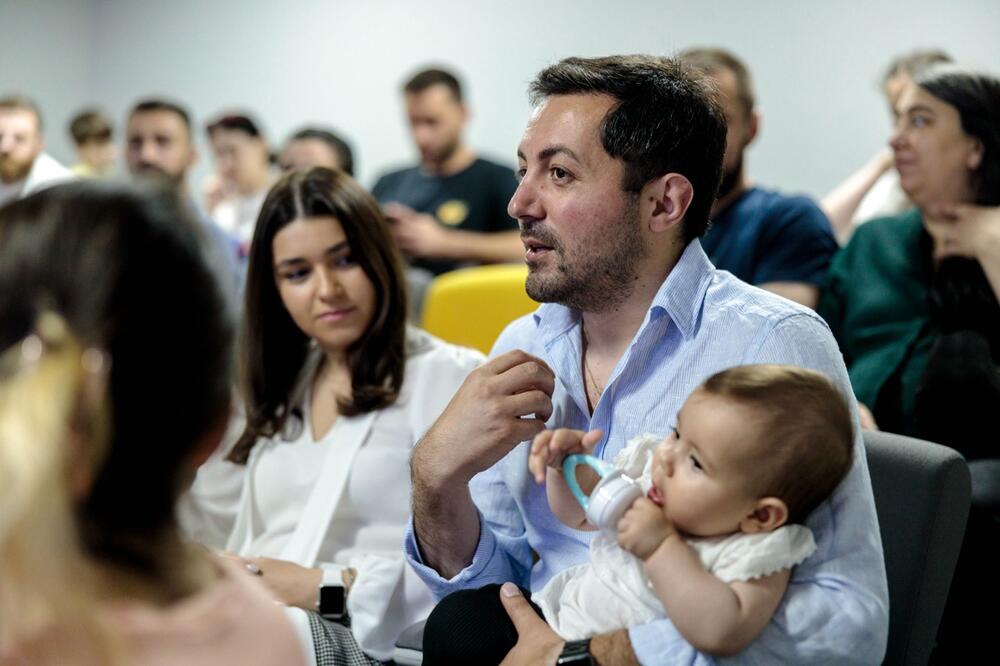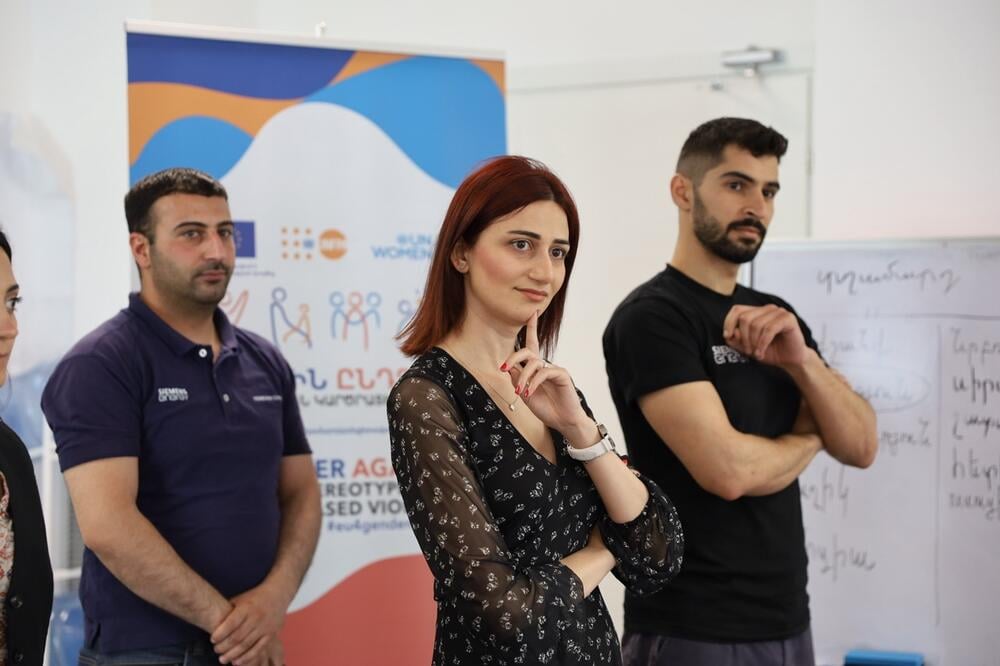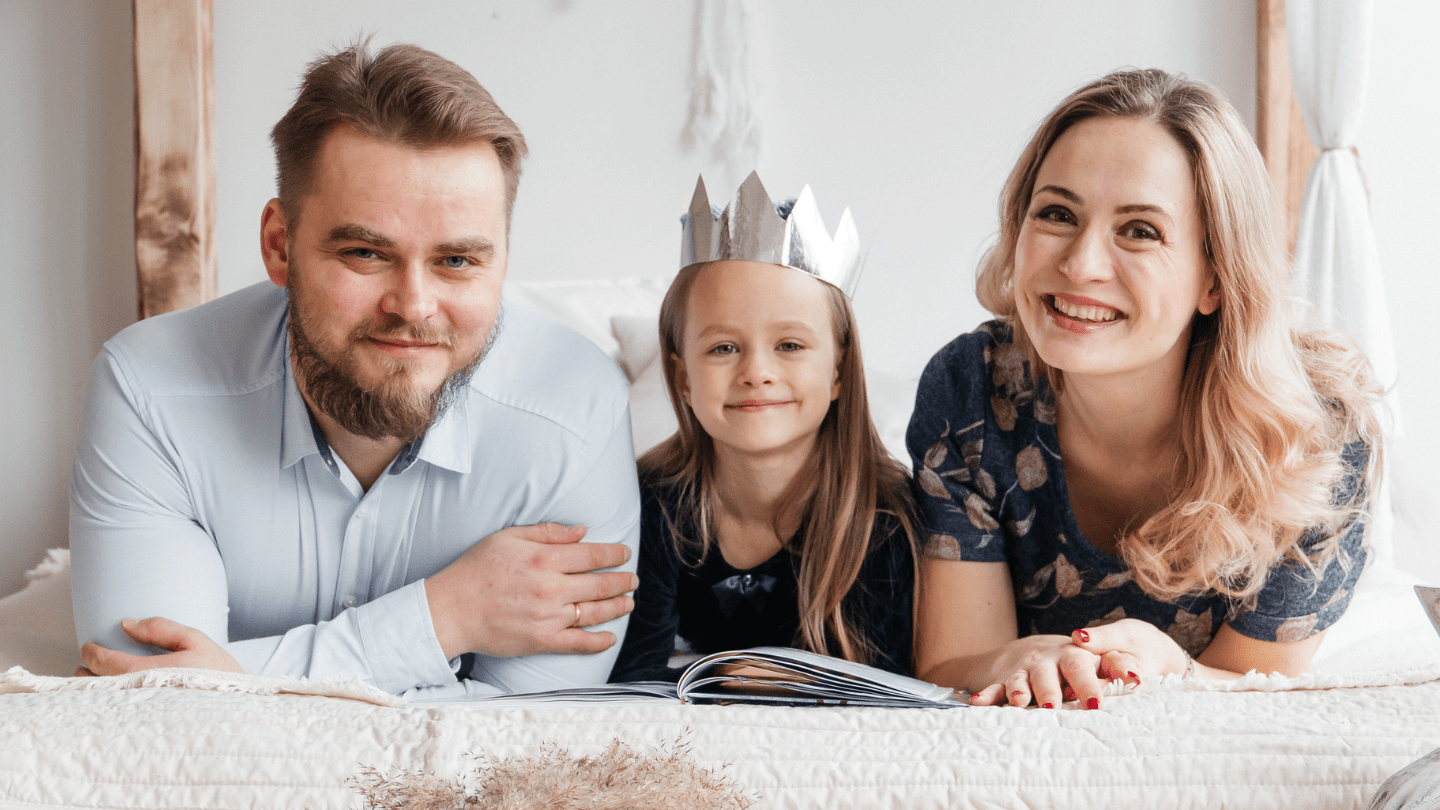According to the World Bank, gender inequality continues to limit women’s full participation in the labour force across Europe and Central Asia. Women’s career opportunities are constrained by challenges such as the unequal division of family responsibilities and insufficient support from employers. In both Europe and Central Asia, as well as globally, women remain the primary caregivers. Employment levels for women in the region vary, but on average, there is a 25 per cent gap in labour force participation between men and women. A holistic mix of gender-responsive family policies can enable women and men to share parenting, caregiving and domestic responsibilities equitably, in turn making women less likely to drop out of the workforce, reducing the gender pay gap and improving economic productivity. To address these issues, engaging the private sector to achieve gender equality in the labour market is crucial. The private sector employs a substantial portion of the workforce — over 90 per cent in developing countries according to the International Labor Organization — and has a key role to play.
How family-friendly policies make a difference
Investing in family-friendly policies is good for individuals, businesses and economies. Policies that support a flexible work environment with paid parental leave, breastfeeding breaks, childcare and child grants can help to reduce parenting stress and promote the well-being of parents. Gender-responsive family policies also play a crucial role in addressing gender inequalities in the labor market by increasing women’s participation in the workforce, narrowing the gender pay gap, and enhancing productivity. Without these policies, governments face additional strain on health and social services due to women’s reduced economic activity, while also creating obstacles to children’s development and limiting their future economic potential. This lack of support ultimately slows economic growth and reinforces intergenerational inequalities.
Recognizing this, the “EU 4 Gender Equality: Together against gender stereotypes and gender-based violence” programme views the private sector as an essential partner in advancing gender equality and empowering women. The programme targets selected companies among non-state actors in Azerbaijan, Belarus, Georgia, Moldova and Ukraine to promote family-friendly policies, including the creation of parent-friendly gender-sensitive workplaces.
Win-win partnership
Since its launch in 2020, the programme has partnered with eight private companies in Belarus (EPAM, SoftTeco, Vizor Games, CIVITTA, IBA Group, BSB Bank, BDO, and PepsiCo) to implement family-friendly policies and programmes for parent-employees. This collaboration has empowered 634 parent-employees with valuable knowledge on equitable parenting through targeted training sessions.

“The ‘parent-friendly companies’ concept fits perfectly into our corporate culture. Thanks to our partnership with ‘EU 4 Gender Equality’ in Belarus, we have deepened our knowledge on this topic and understand how to structure, develop and systematically support activities that aid employees with children,” said Elena Bobrova, lead of the Software Development Department at SoftTeco. "I am glad that I did not have to make a tough choice between family or career. I am happy that I was able to combine being a working mother and manager in the company,” Elena added.
In Ukraine, the “EU 4 Gender Equality” programme reached 985,000 business-oriented individuals through the media project “Equally Valuable in Business” promoting family-friendly policies. The project highlighted essential corporate family-friendly practices that were introduced after the beginning of full-scale war, including financial and logistical support for relocating employees’ families to safer areas, psychological support through hotlines for stress management and crisis adaptation, flexible working hours, remote work options, and policies to combat domestic violence—all of which also reaffirmed the participating companies’ commitment to gender equality. In addition, the initiative included nine radio interviews with representatives from Ukrainian and international businesses across various industries, including agriculture, IT and media, talking about the importance of family-friendly policies even during war time. These interviews highlighted how such policies not only support employees’ well-being and work-life balance but also contribute to maintaining productivity and mental health in the face of challenging circumstances.
“We have support groups, thematic meetings on parenting and education, and even art therapy for the youngest children [of company employees]. We also organized Children’s Days at the office during the summer with entertainment. It was very beneficial for both parents and children to spend time together, allowing themselves to experience joy and positive emotions,” said Kateryna Andrushchenko, head of the Specialist Relations Department at the IT company ELEKS, which participated in the project.
Paving the path forward
Building on these efforts in its second phase, the “EU 4 Gender Equality” programme hosted a workshop in Armenia, further demonstrating its continued impact and progress in advancing gender equality within the private sector. The session brought together staff from Armpower CJSC, Renco Armestate, and Siemens Energy, improving their knowledge on gender equality, tackling discrimination, and addressing violence.
“It is essential that women and men have equal opportunities, that the role of women is highly valued, and that women are not only perceived as housewives and mothers but also that their potential in the workplace and decision-making is valued. Regardless of gender, people should have the opportunity to realize their potential," said Knarik Petrosyan, who participated in the workshop.

By 2026, the “EU 4 Gender Equality” programme aims to train 15 more private sector companies in Azerbaijan, Georgia and Moldova on new approaches and practices in gender equality and gender-responsive family policies. The programme will also support advocacy for gender-responsive family policies and men’s involvement in caregiving.
This article is produced in the framework of the “EU 4 Gender Equality: Together against gender stereotypes and gender-based violence” programme (phase 2), funded by the European Union, and implemented jointly by UN Women and UNFPA. This article was produced with the financial support of the European Union. Its contents are the sole responsibility of UN Women and UNFPA and do not necessarily reflect the views of the European Union.



